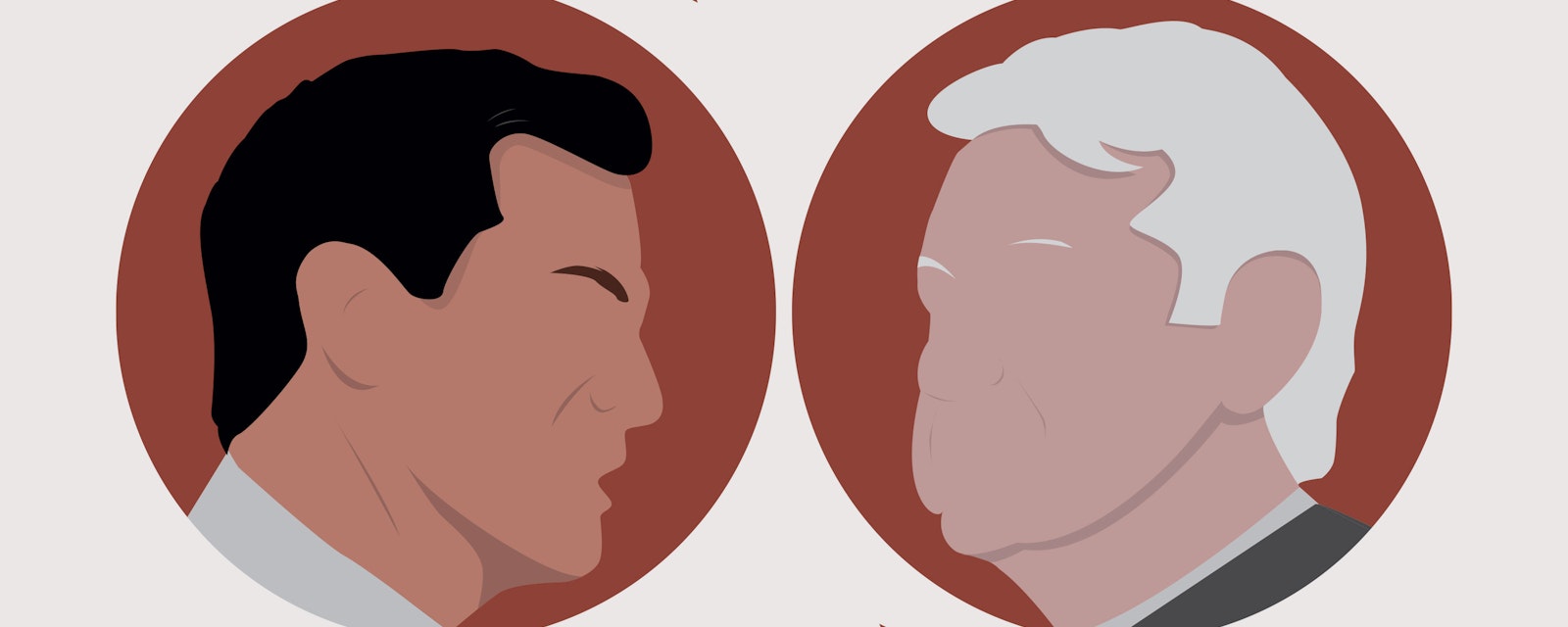President Enrique Pena Nieto and president-elect Andres Manuel Lopez Obrador (AMLO), flanked by several existing cabinet members and their successors, staged an unusual joint press conference yesterday, 20 August, to mark the formal start of the transition to the new AMLO administration on 1 December.
The tone of the event was cordial, if a little stiff (in keeping with public events under Pena Nieto). Although both sides stressed how the transition continues to progress smoothly, there was clear disagreement over the future of the 2012-13 education reform in particular. Below we examine both the main issues that have surfaced since our last assessment of the transition and the pointers these provide for AMLO in government.
Education reform: AMLO confirmed his campaign promise to cancel one of the key structural reforms of the Pena Nieto period. While the immediate market and business implications of this may be limited, there is a longer-term question about human capital development; Mexico currently languishes at the bottom of the OECD’s education rankings. If a new reform becomes a mechanism to preserve National Union of Education Workers (SNTE) privileges, then it would be a major step back. Whether a revised reform involves former SNTE boss and once-powerful political powerbroker Elba Esther Gordillo, who was arrested in 2013 for embezzlement, money laundering and organized crime charges, but was absolved earlier this month, is another issue to monitor. Lopez Obrador has said that Gordillo will not have any position in his administration, but it is a fact that key Gordillo lieutenants backed AMLO in the July election, which has given rise to speculation that scrapping the reform is a quid pro quo for charges against her being dropped.
Mexico City airport: AMLO had pledged to scrap the controversial project to build the New Mexico City International Airport (NAICM), saying it is most probably subject to corruption and describing its cost – now put at USD 15bn – as ‘pharaonic.’ A technical study was supposed to have settled the issue, but AMLO has instead opted to hold a public referendum (apparently in October) to determine the airport’s future, even though the study suggests AMLO’s alternative proposal is not feasible. A referendum is probably a means to avoid the NAICM becoming a white elephant that bedevils his administration. However, it is also a political instrument for what is by-and-large a technical issue.
Energy reform: this has taken a back seat in the last fortnight after the noise generated by AMLO’s appointment of Miguel Bartlett to head the state-run electricity utility, the Federal Electricity Commission (CFE). Bartlett previously opposed electricity sector reforms, and his appointment was highly controversial. Doubtless to appease critics (and markets), Bartlett in early August said that the energy reform "is working" – particularly in the case of power generation – and that it will be maintained. Bartlett also said that he would work to make the CFE better able to compete in a market environment.
Economic outlook: the Central Bank (Banxico) monetary policy board clearly perceives a lack of certainty in AMLO’s economic policies, as revealed in the minutes from the 2 August meeting (published on 16 August). There is also concern over the effect of any minimum wage given how inflation has crept back up in the last couple of months (to 4.81% in the 12 months to July).




